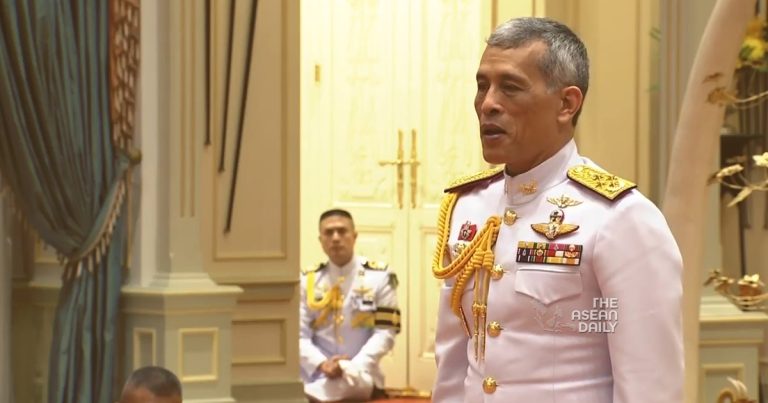11-7-2023 (BANGKOK) Amidst a political standoff, Thailand faces a potential crisis as reformers seek to challenge the entrenched power of the royalist military establishment by focusing on the role of the monarchy. The progressive Move Forward party, led by Pita Limjaroenrat, emerged victorious in the recent election alongside its allies, but the path to forming a government remains uncertain.
A significant obstacle for Move Forward is its proposal to amend Thailand’s “lese majeste” law, Article 112 of the criminal code, which imposes severe penalties for insulting the monarchy. This bold proposition has sparked opposition from minority parties and members of the appointed Senate, who view it as disrespectful and offensive to the monarchy.
The military, which has historically cited its duty to protect the monarchy to justify political interventions, has used the lese majeste law to suppress dissent. The looming deadlock over the prime ministerial position, with votes from the Senate playing a decisive role, has raised concerns about the potential for prolonged political impasse.
Move Forward’s push for amending the lese majeste law reflects the changing cultural landscape in Thailand. While reverence for the monarchy has long been promoted as a cornerstone of national identity, shifts in societal attitudes have become apparent. Calls for reform gained momentum through student-led demonstrations in 2020, which initially targeted military rule but eventually encompassed criticism of the military-monarchy power nexus and even the king himself.
Move Forward’s electoral success in May highlighted the growing demand for change, as the amendment was just one aspect of their progressive platform. However, securing the prime ministerial position will require navigating complex coalition dynamics, given the opposition within the Senate and the need to convince lawmakers from other parties.
The outcome remains uncertain, but the ongoing debate surrounding the monarchy’s role in Thailand’s political order underscores the deep divisions in the country.




